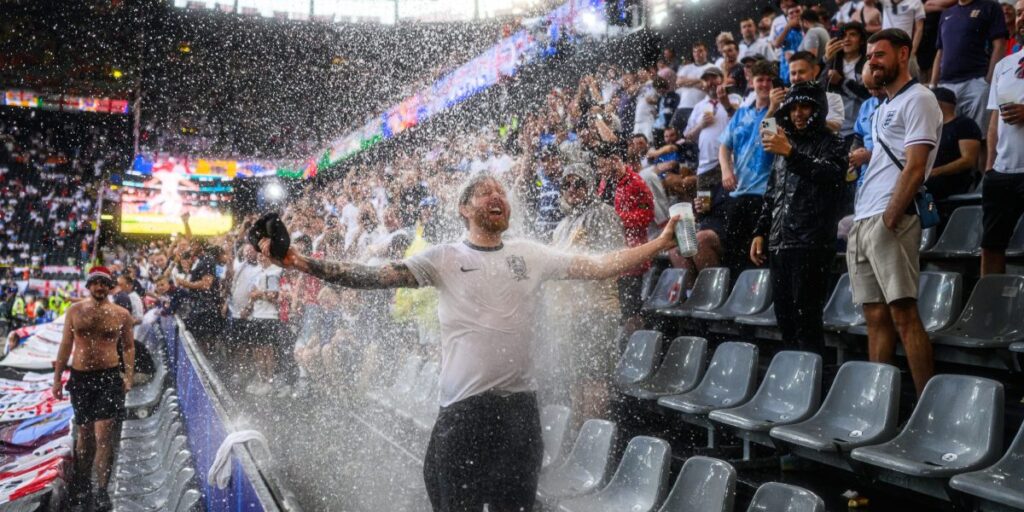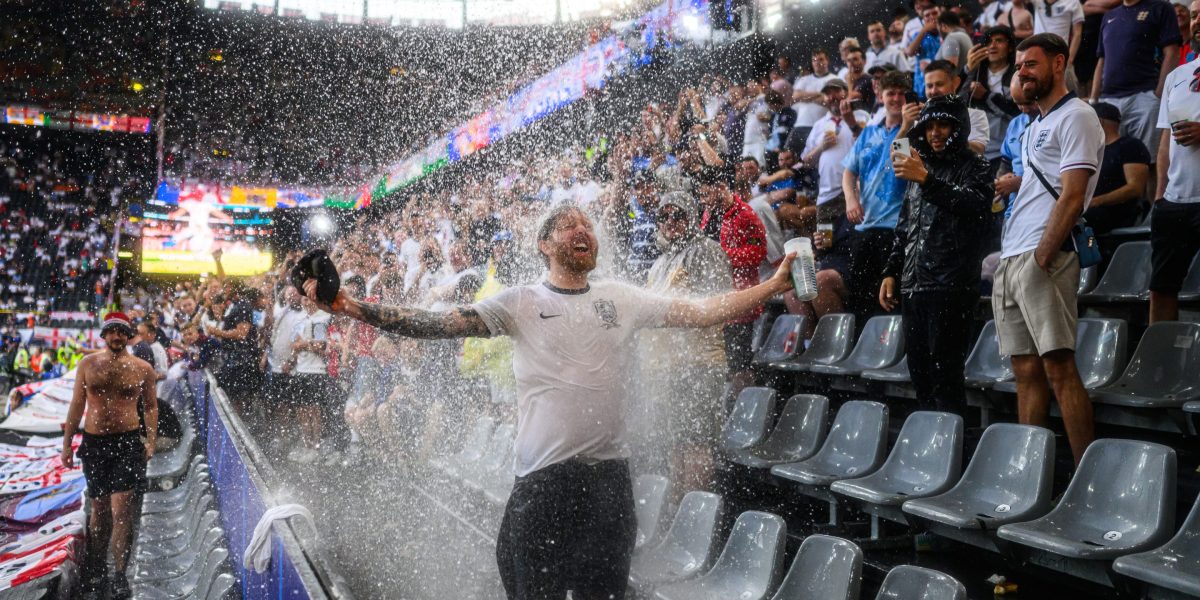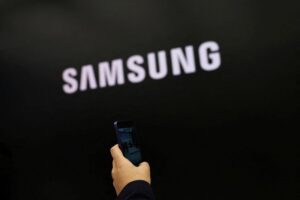Heineken is blaming the weather—yes, the weather—for its disappointing sales
“The weather has been significantly below long-term averages and below last year, impacting our business,” CEO Dolf van den Brink said.


Following a surprisingly strong first quarter, analysts were expecting Heineken to continue to rebound from a rocky 2023 in Q2. With big summer sporting events on the continent like the European Football Championship and the Paris Olympics expected to drive demand for alcoholic beverages, sales and revenue were penciled in for significant growth.
But while Monday’s earnings report showed sales and revenue were up from last year, the boost wasn’t nearly as big as analysts were anticipating. As shares on Monday tumbled more than 10%, the company said rain was partly to blame for the letdown.
Beer volumes for the world’s second-largest brewer crept up 2.1%, more than a full point short of analysts expectations, and sales volumes in Europe rose 0.6%, well short of the projected 2%, as the company cited “poor weather in Europe” for slower growth in Q2 compared to the first quarter.
“Typically big sports events like the Euro Cup have a positive impact but the weather has been significantly below long-term averages and below last year, impacting our business,” CEO Dolf van den Brink said on an earnings call Monday.
To be fair, the 2024 Euros, hosted in Germany this year, were a noticeably wet affair. Severe weather during the group stage shut down fan zones in Dusseldorf, Berlin, and Dortmund, which typically attract tens of thousands of fans to watch matches. A thunderstorm during the last group-of-16 game between Denmark and Germany temporarily suspended play for 24 minutes and sent torrents of water cascading down onto fans.
For the stadiums, however, bad weather didn’t appear to have much of an effect on fan interest. After pandemic restrictions on in-person attendance for the 2021 tournament, around 2.68 million viewers attended the 51 matches in Germany this year, breaking the previous attendance record set in France in 2016, according to Statista.
All told, profit growth in Europe went up just 0.2%, compared to the 15.1% analysts were projecting, partly a result of increased promotional spending, Barclays analysts said in a note.
“These results missed forecasts, suggesting there was a gap between the company’s messaging and analyst expectations,” the note said. “This needs to close.”
But rain delays and soggy soccer fields haven’t been Heineken’s only problems of late. On Monday, the Dutch brewer also announced it had to swallow a $949 million impairment on its stake in China Resources Beer.
The value of CR Beer—which Heineken took a 20% effective stake of in 2018—has fallen off as spending in China has struggled to bounce back from the pandemic and the country’s real estate crisis, and the writedown on its stake in the Chinese brewer pushed Heineken into a net loss of over $1 million for the first half of 2024.
In addition, Heineken is still grappling with the fallout of a price hike last year that cut into demand for premium beverages.





